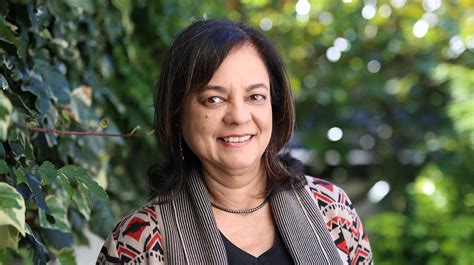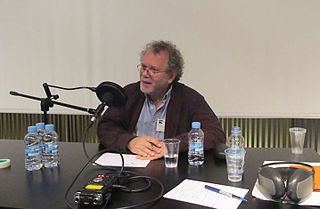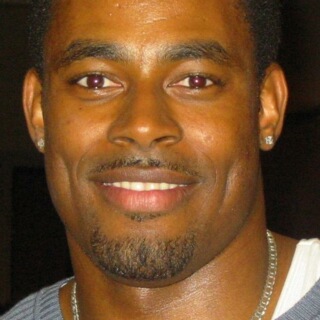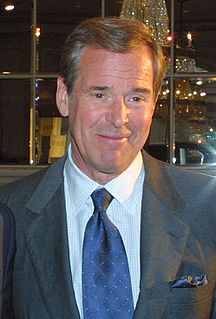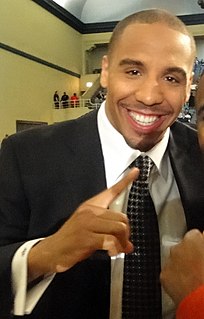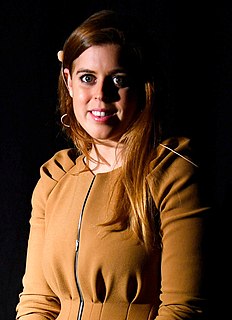A Quote by Jamie Hyneman
There are a lot of scientists or other people who can be very skeptical or rational within their field, but they may well not do that in other aspects of their lives, when it comes to things like religion, or what have you. People have this amazing gift for being selective with their curiosity and skepticism.
Related Quotes
I think the appropriate kind of skepticism is this: you've got to be asking questions all the time, you've also got to make sure that you're doing so in the spirit of genuinely wanting to find the answers - and that also means being open. I battle with this: I know I tend to be very skeptical and as a result, I veer towards the dismissive. But being aware of the tendency, I like to challenge my own skepticism and make sure it's not just knee-jerk. You need to be skeptical towards yourself as well. When you're only skeptical outwards you've got an unbalanced skepticism.
I don't want to be elected president to sit around and see gridlock just become so dominant that people literally decline in their lives. That's not my motivation. I have a lot of cool things to do other than sitting around, being miserable, listening to people demonize me and being compelled to demonize them. That is a joke. Elect Trump if you want that. If you want somebody who has a heart for people, who can fight for people, and can fix these things, then there are a couple other people, and I believe I'm the best one.
Whether I affect one person or an entire family, or even a group of people, I feel like I have resources and education and ability and skills that some people may not be fortunate enough to acquire. But by sharing and inquiring, being a listener, and being interested in the stories of other people and their lives, I can also pull things out and say "What can I do for them? What can I share with them that may alleviate some of their suffering?"
Most importantly, I realize the value of the other people - the extended family - the other people within my community, my cultures: my teachers and the other people I call Auntie, Uncle, Godfather, Godbrother, whatever. These are people who pulled you in and made you part of their lives and their homes.
In practice, the goal of skepticism is not the discovery of truth, but the exposure of other people's errors. It plays a useful role in science, religion, scholarship, and common sense. But we need to remember that it is a weapon serving belief or self-interest; we need to be skeptical of skeptics. The more militant the skeptic, the stronger the belief.
The bottom line for most people who are normal is their need for other people. Even the greedy ones have this need - as long as they're not sociopathic. They may be very misguided and unhappy and do bad things and so forth, but in general if you look down deep, you find that these people are mainly concerned with other people and what other people think of them.
Cynicism is kind of like folding your arms and stepping back and commenting on things, like the old guys in 'The Muppets,' just throwing out comments all the time, whereas there are other people on the ground really trying to affect things and improve their lives and the lives of other people. I think it's noble and I think it's cool.
Highly competitive athletes like Ginny Gilder have a gift for tolerating pain and ignoring adversity. They accept these things as the price they pay for greatness. These habits of mind and body serve us well in many aspects of our lives, but not in all aspects of our lives. Course Correction is about taking time to heal and exploring the joy that lies beyond adversity.
Well, I think tone is very important with this show [Masters of Sex] because there are certain elements or certain aspects to the show that may be reminiscent of other shows. But, it really is a very new kind of show, in terms of the subject matter and the way it's being dealt with, and the fact that it's about real people and real events.




